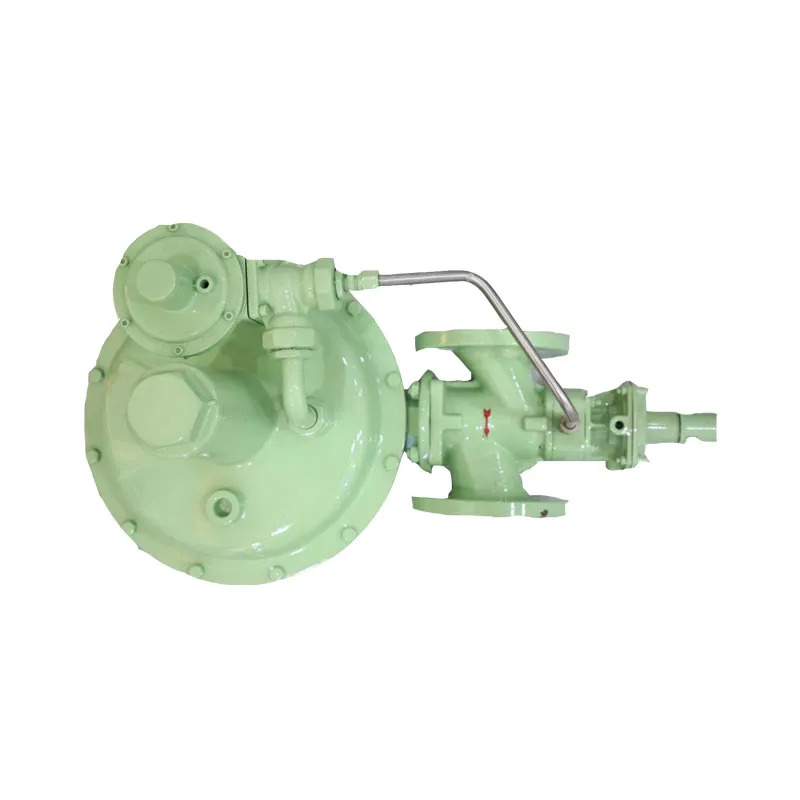
Dec . 09, 2024 15:05
Back to list
gas filtration
Gas Filtration Importance, Applications, and Advances
Gas filtration plays a crucial role in maintaining air quality and ensuring the efficiency of various industrial processes. As concerns over environmental sustainability and health continue to grow, the demand for effective gas filtration systems has become increasingly important. This article explores the significance of gas filtration, its applications, and recent advancements in this critical field.
The Significance of Gas Filtration
Gas filtration is the process of removing impurities and particulate matter from gases. These impurities can include dust, pollen, smoke, and various harmful pollutants, which can have detrimental effects on both human health and the environment. By implementing gas filtration systems, industries can mitigate these risks, ensuring cleaner air is released into the atmosphere, thus contributing to public health and environmental protection.
Airborne pollutants can lead to serious health issues, including respiratory diseases, cardiovascular problems, and increased mortality rates. In urban areas, where pollution levels are often higher, effective gas filtration systems are vital. By capturing harmful particles before they are emitted into the atmosphere, gas filtration not only aids in compliance with environmental regulations but also helps foster safer living conditions for communities.
Applications of Gas Filtration
Gas filtration systems are widely used across various sectors
. In the industrial realm, manufacturing plants, chemical processing facilities, and power generation units utilize gas filtration to control emissions and ensure compliance with regulatory standards. These systems are effective in capturing particulate matter, volatile organic compounds (VOCs), and other hazardous pollutants that can arise during production processes.Moreover, gas filtration is critical in the automotive industry, where catalytic converters are employed to reduce harmful emissions from vehicles. These converters use a combination of chemical reactions and filtration techniques to convert toxic gases into less harmful substances before they are released into the atmosphere.
gas filtration

The energy sector also benefits from advancements in gas filtration technologies, particularly in natural gas processing and biogas production. Filtration systems help remove impurities from these gases, ensuring higher quality fuel and reducing environmental impacts associated with gas emissions.
Recent Advancements in Gas Filtration Technologies
Recent years have seen significant advancements in gas filtration technologies, driven by the need for more efficient and environmentally friendly solutions. Innovations in materials science, including the development of nanofibers and advanced membranes, have resulted in filters that can capture smaller particles more effectively than traditional systems.
Electrostatic precipitators and regenerative thermal oxidizers are examples of advanced filtration systems that utilize electrical fields and heat to remove contaminants from gas streams. These technologies offer higher efficiency rates and reduced operational costs, making them appealing options for various industries.
Another exciting development in gas filtration is the integration of artificial intelligence (AI) and machine learning. These technologies can optimize the performance of filtration systems by predicting when filters need maintenance or replacement, leading to improved operational efficiency and reduced downtime.
Conclusion
Gas filtration is an essential process for protecting public health and the environment. From industrial applications to automotive emissions control, effective gas filtration systems contribute to cleaner air and compliance with environmental regulations. With ongoing advancements in technology, the future of gas filtration looks promising, as new materials and AI-driven solutions continue to enhance efficiency and efficacy. As society moves toward a more sustainable future, the role of gas filtration will undoubtedly grow in importance, ensuring that we can breathe cleaner air while supporting industrial progress.
Next:
Latest news
-
Safety Valve Spring-Loaded Design Overpressure ProtectionNewsJul.25,2025
-
Precision Voltage Regulator AC5 Accuracy Grade PerformanceNewsJul.25,2025
-
Natural Gas Pressure Regulating Skid Industrial Pipeline ApplicationsNewsJul.25,2025
-
Natural Gas Filter Stainless Steel Mesh Element DesignNewsJul.25,2025
-
Gas Pressure Regulator Valve Direct-Acting Spring-Loaded DesignNewsJul.25,2025
-
Decompression Equipment Multi-Stage Heat Exchange System DesignNewsJul.25,2025

